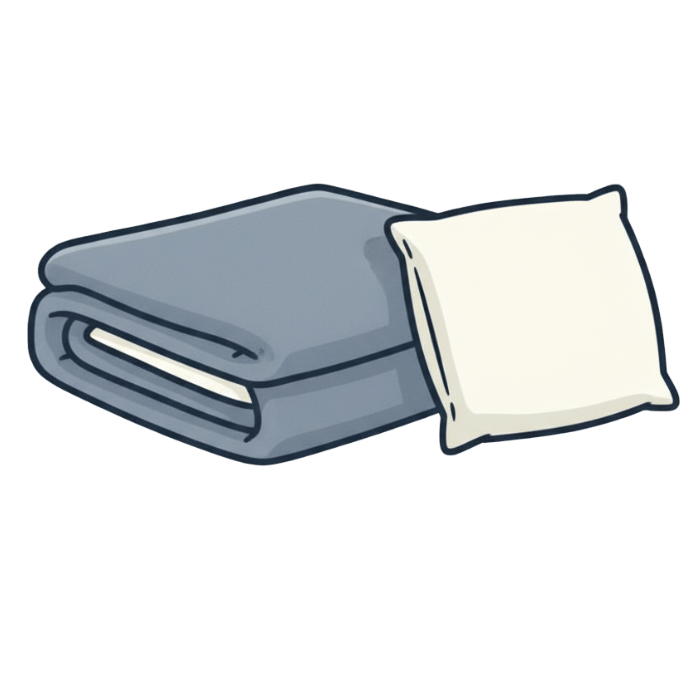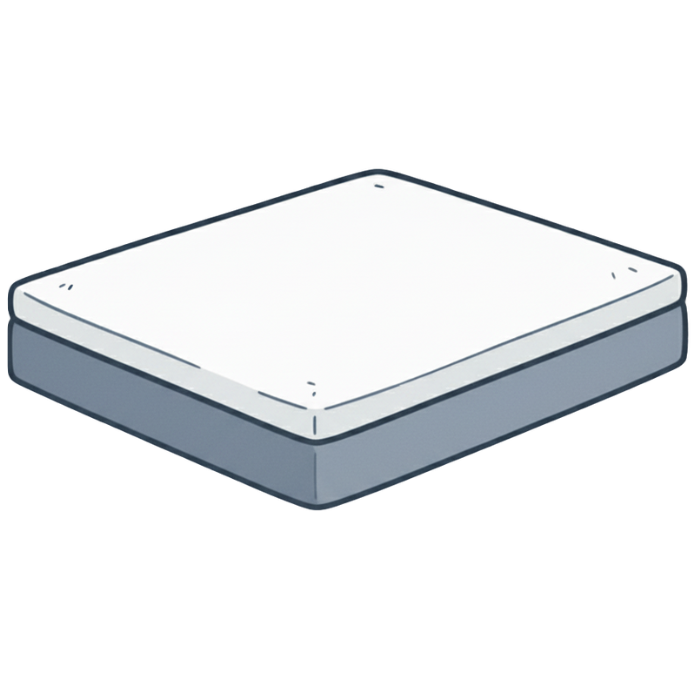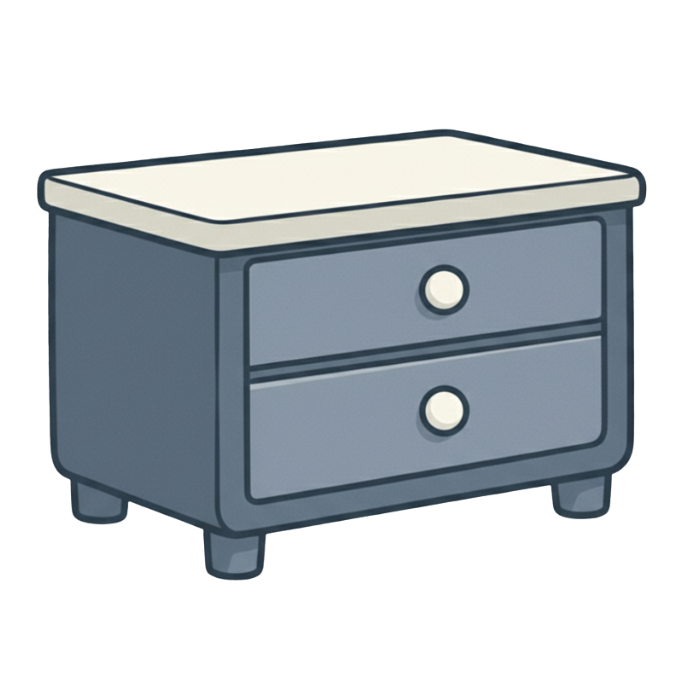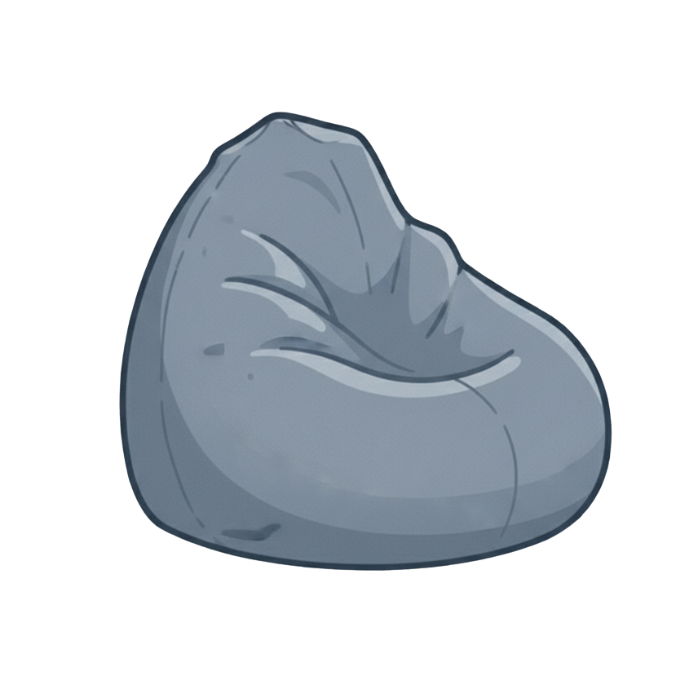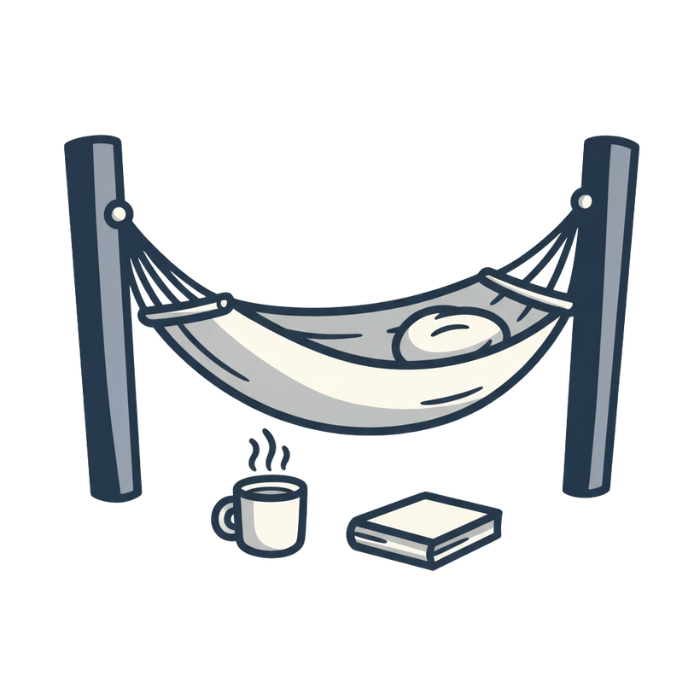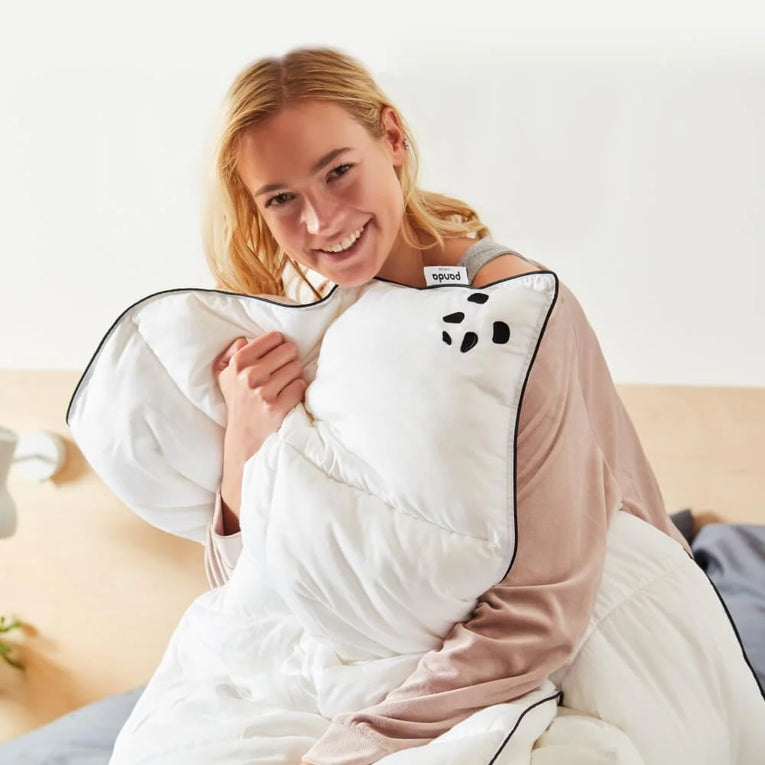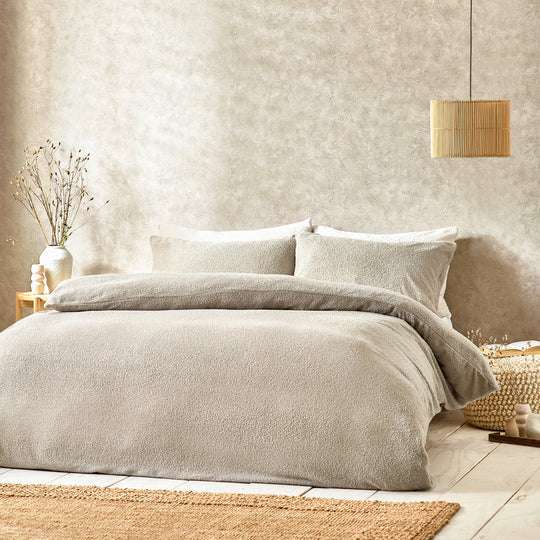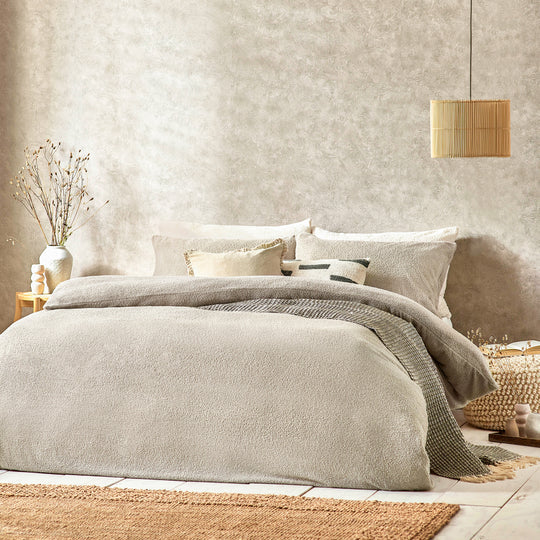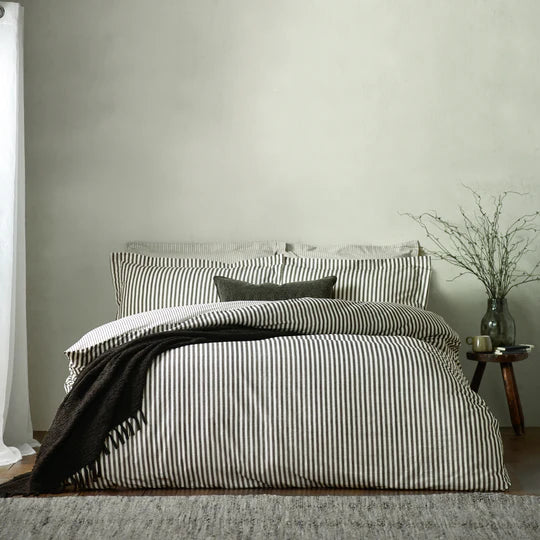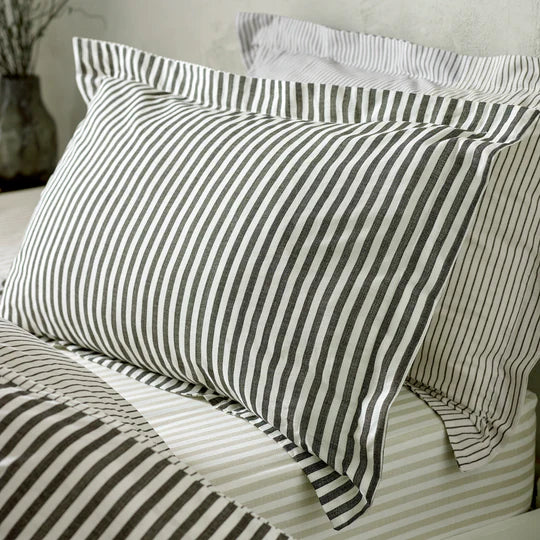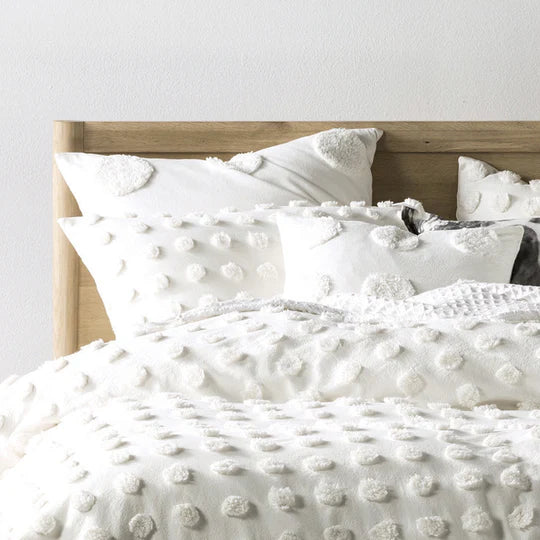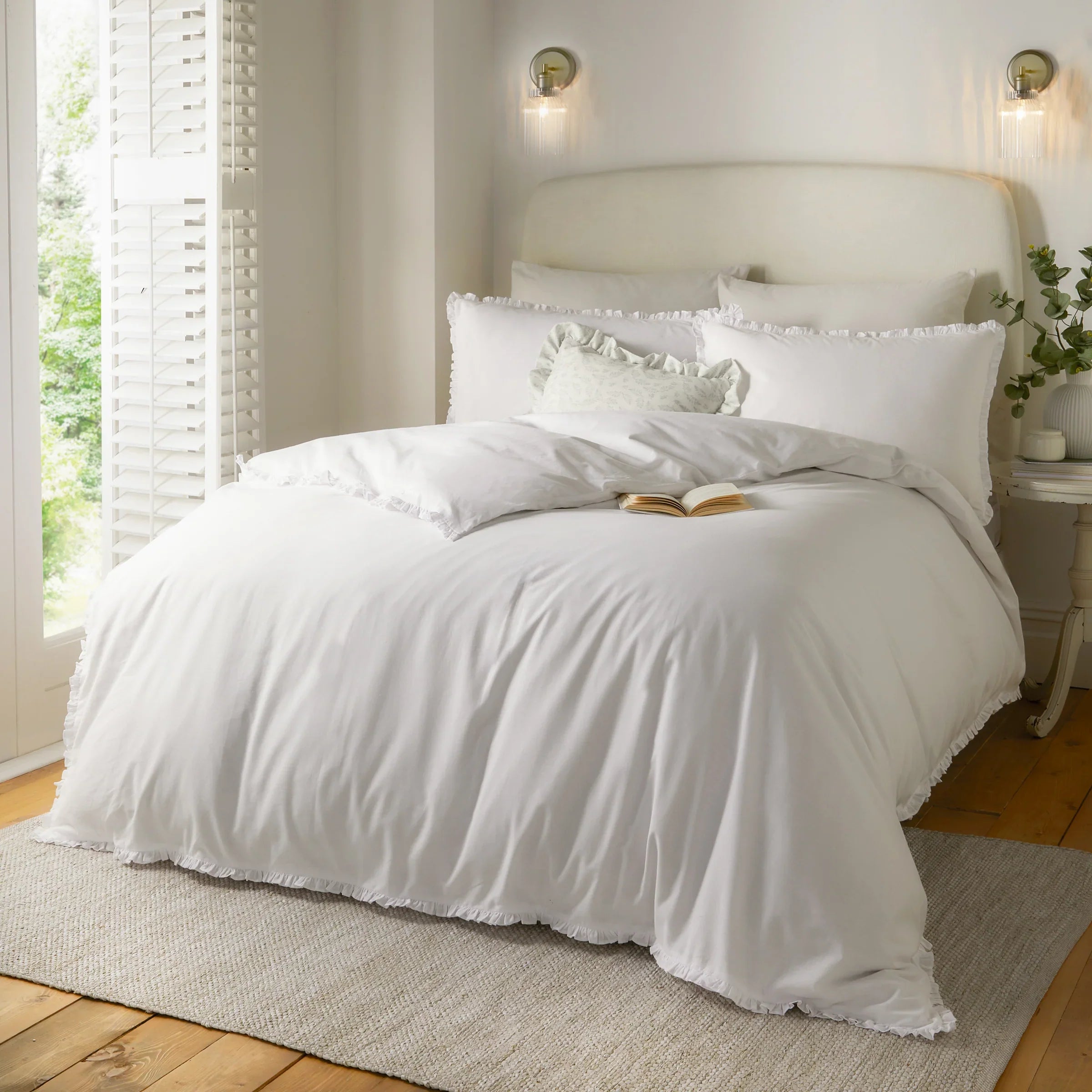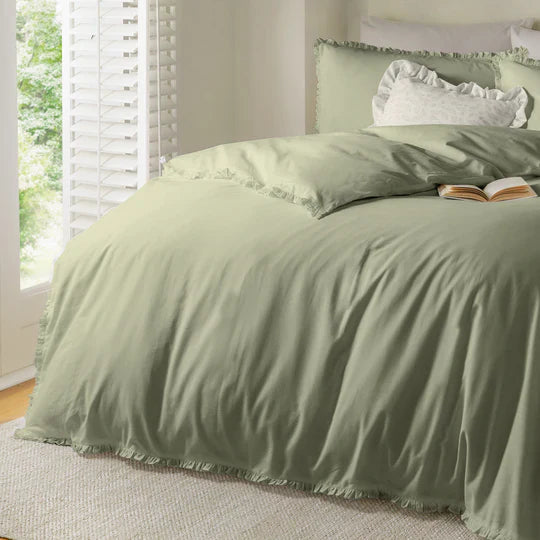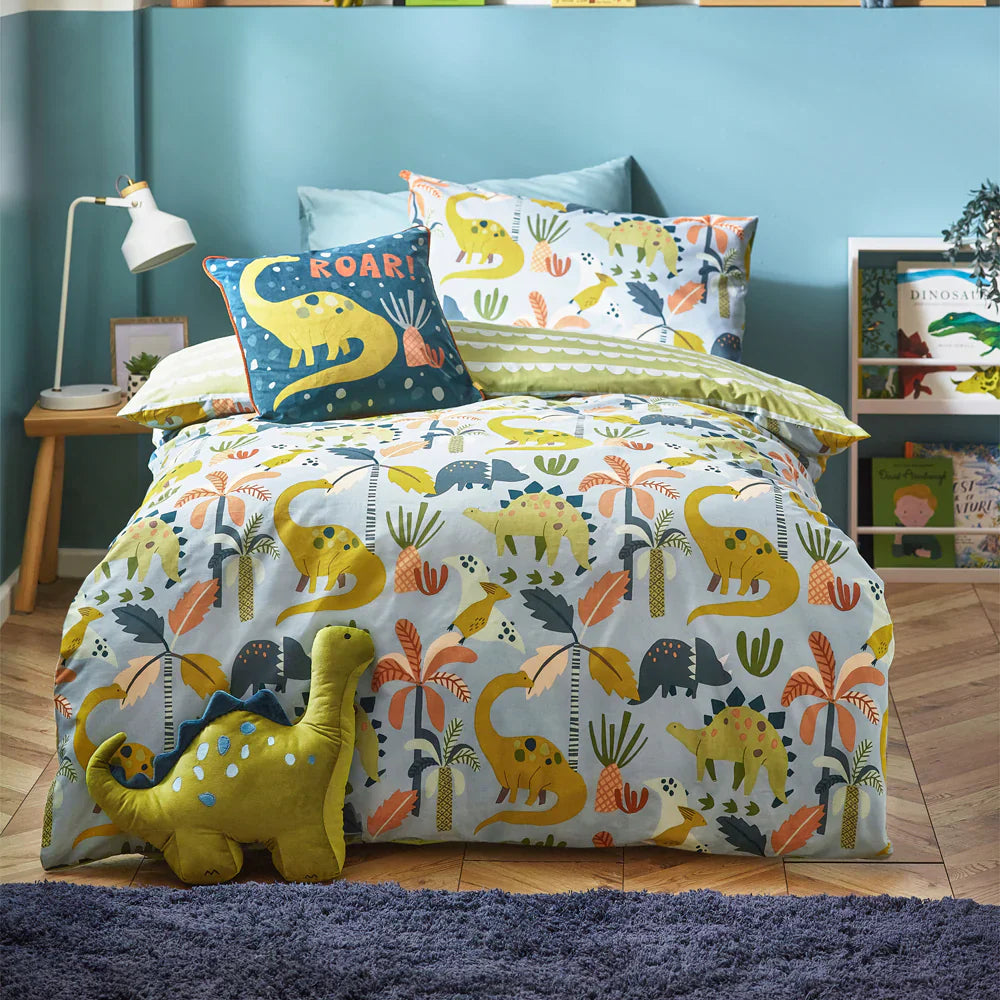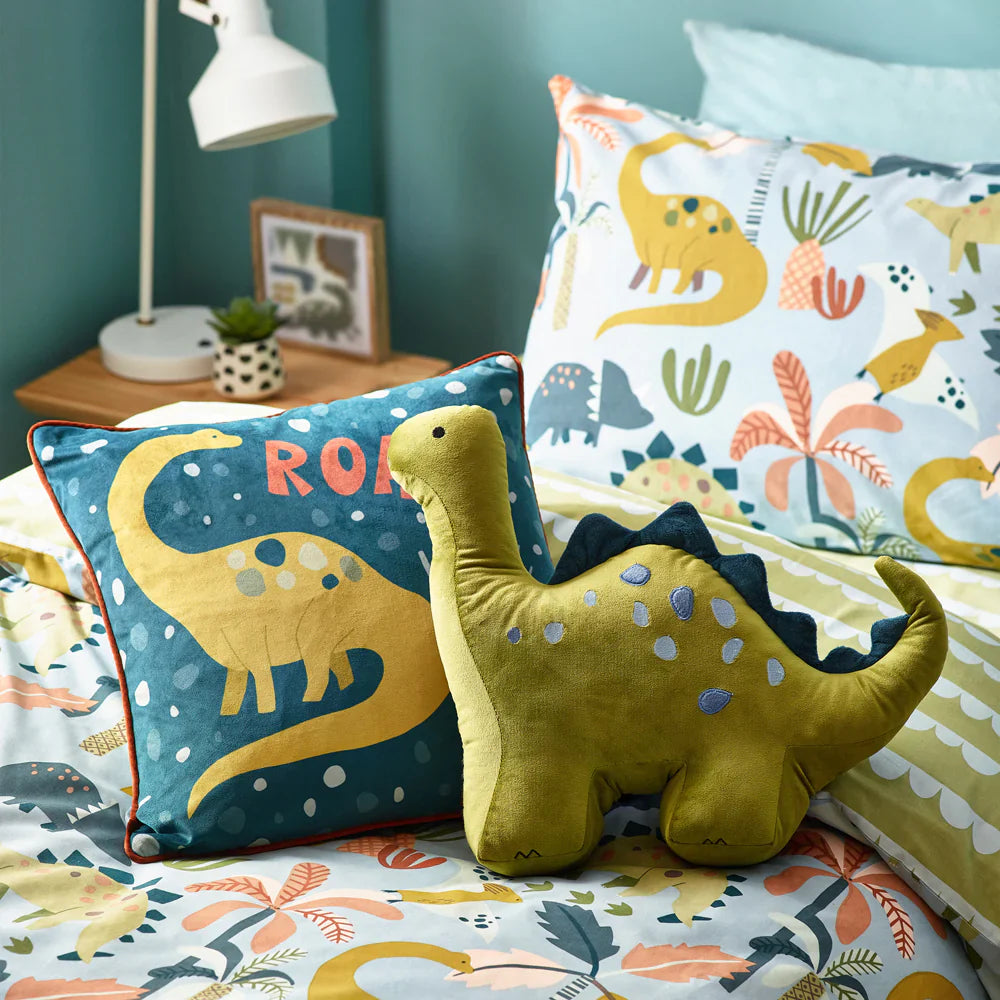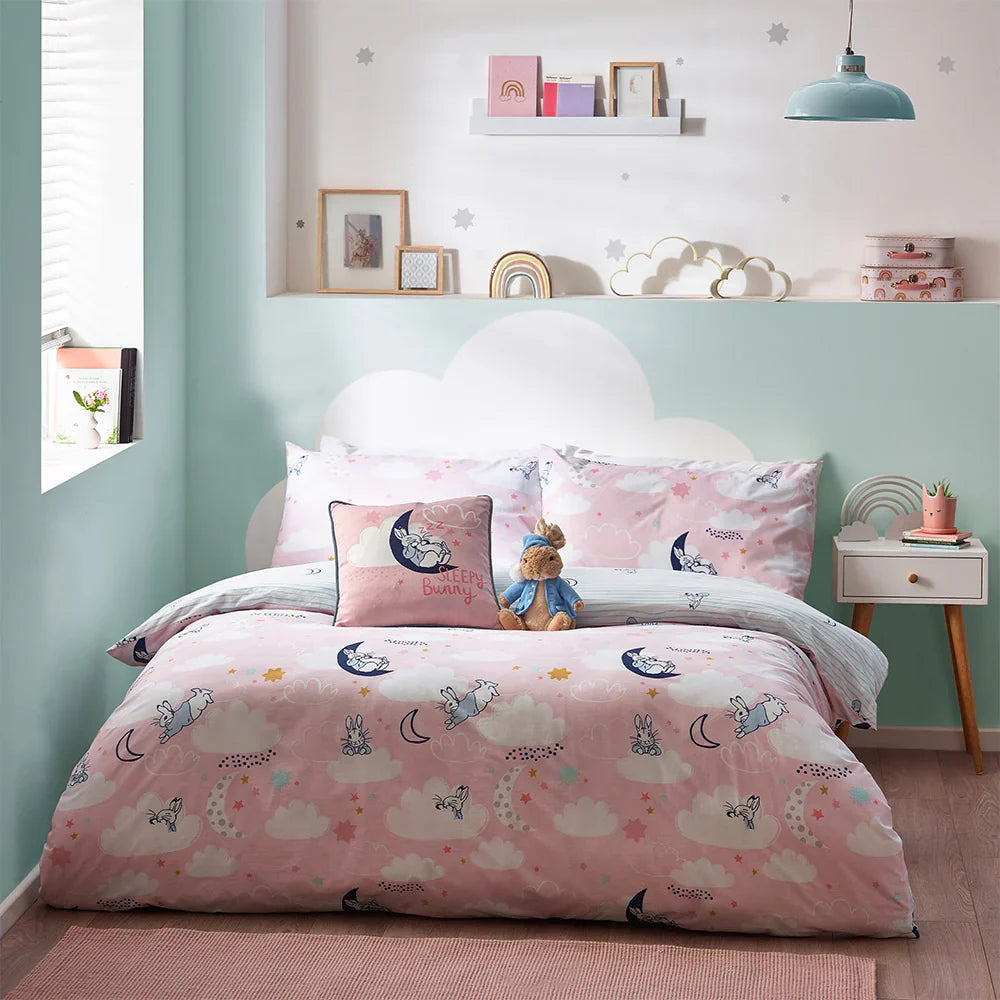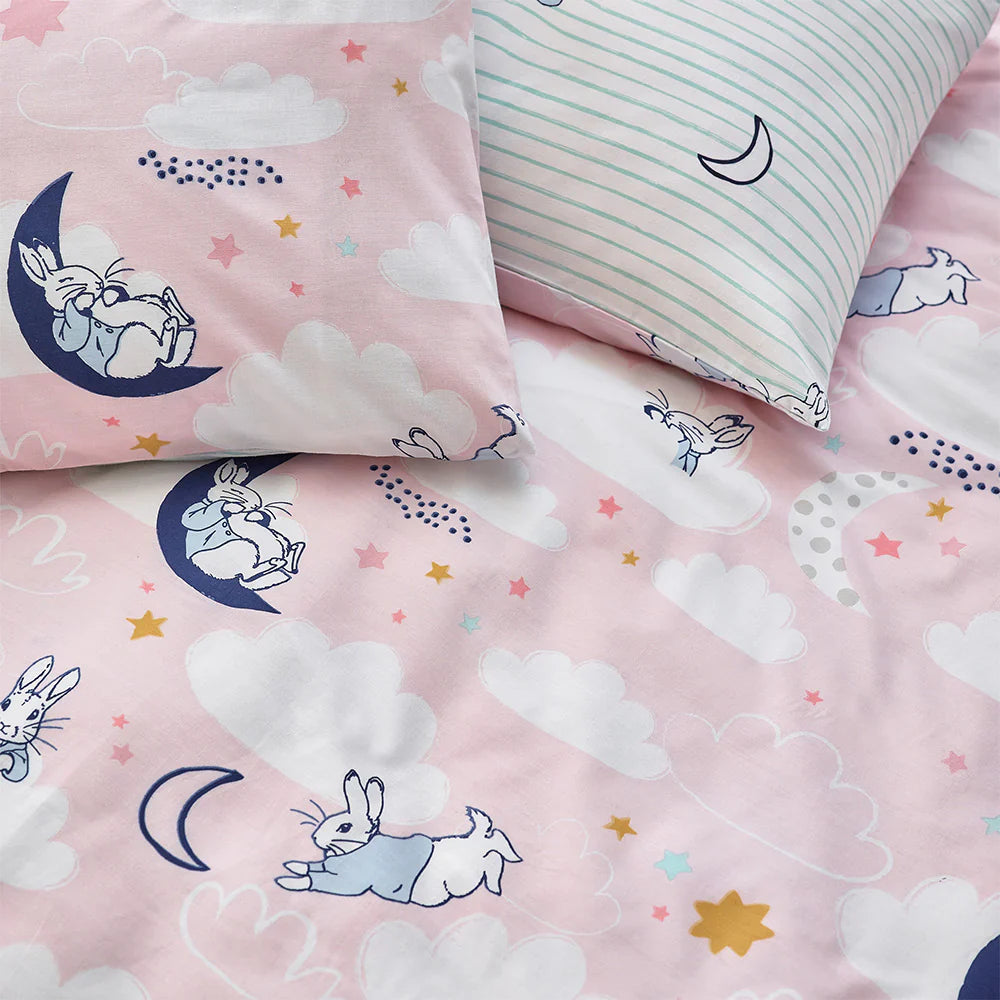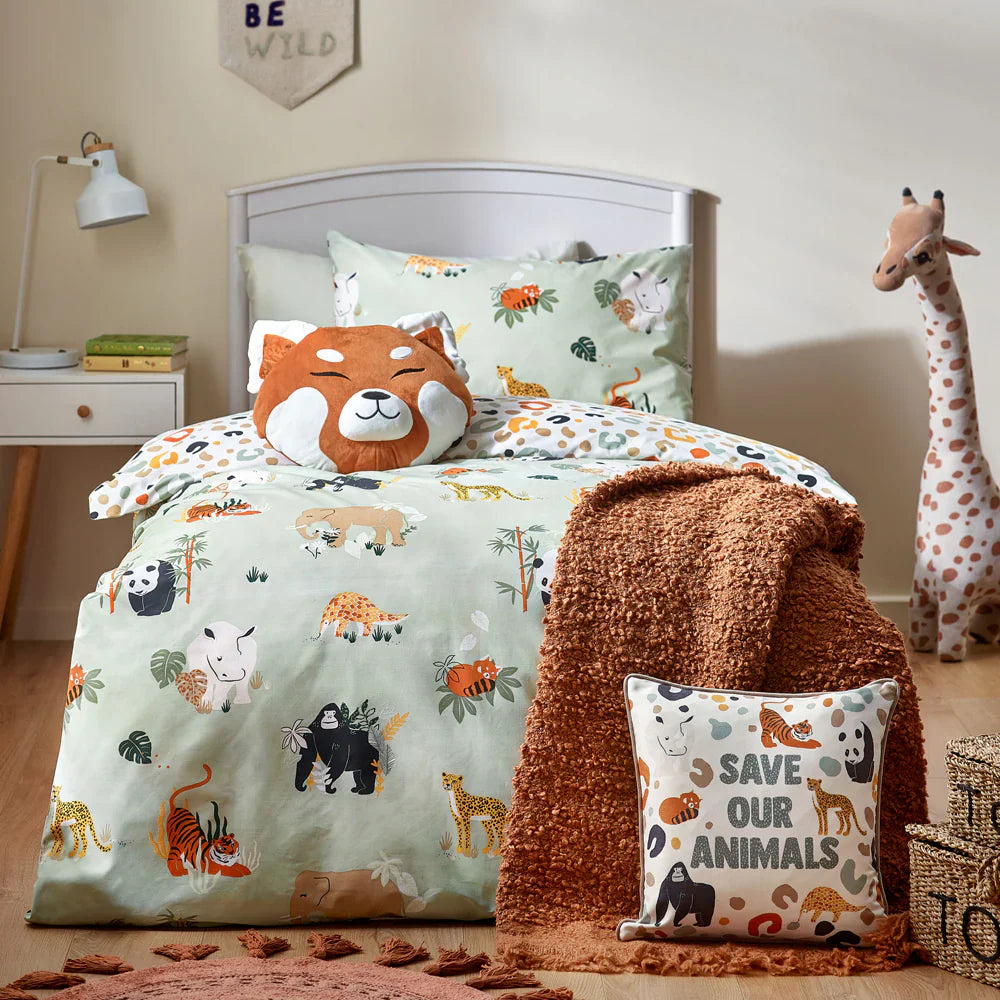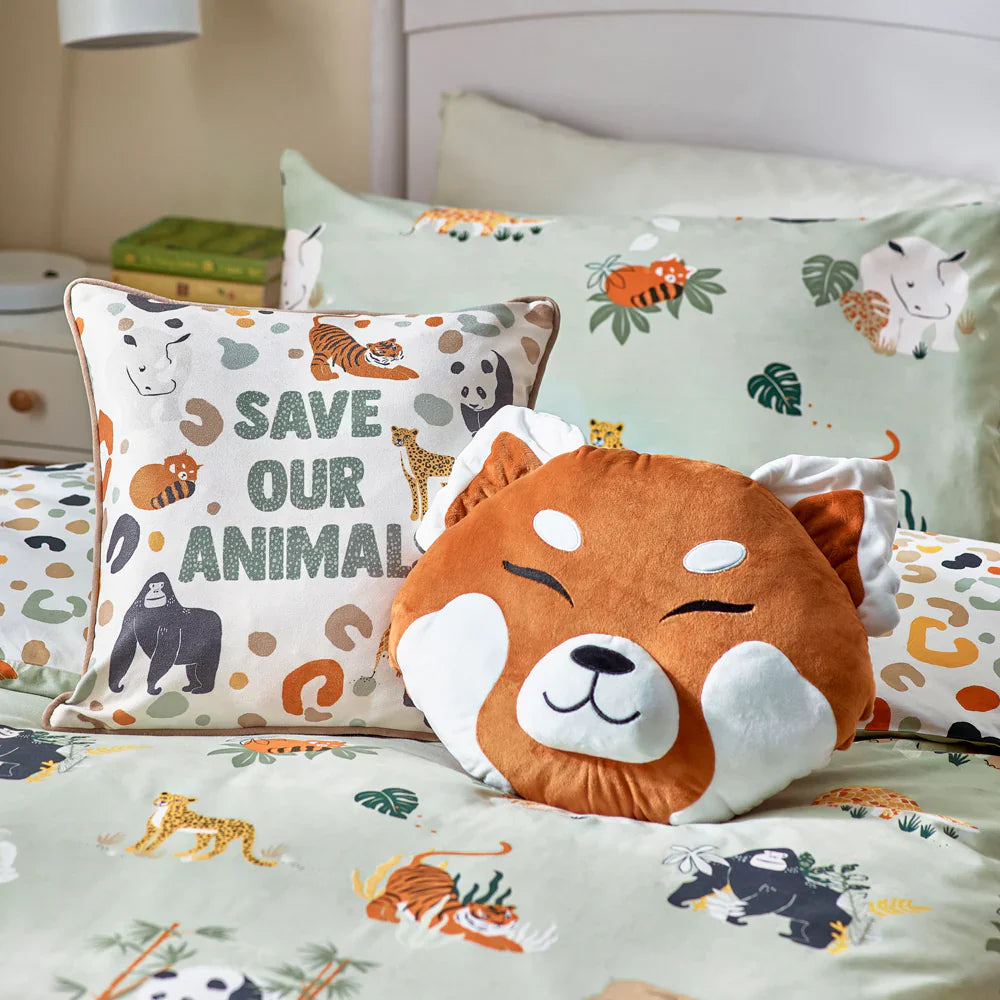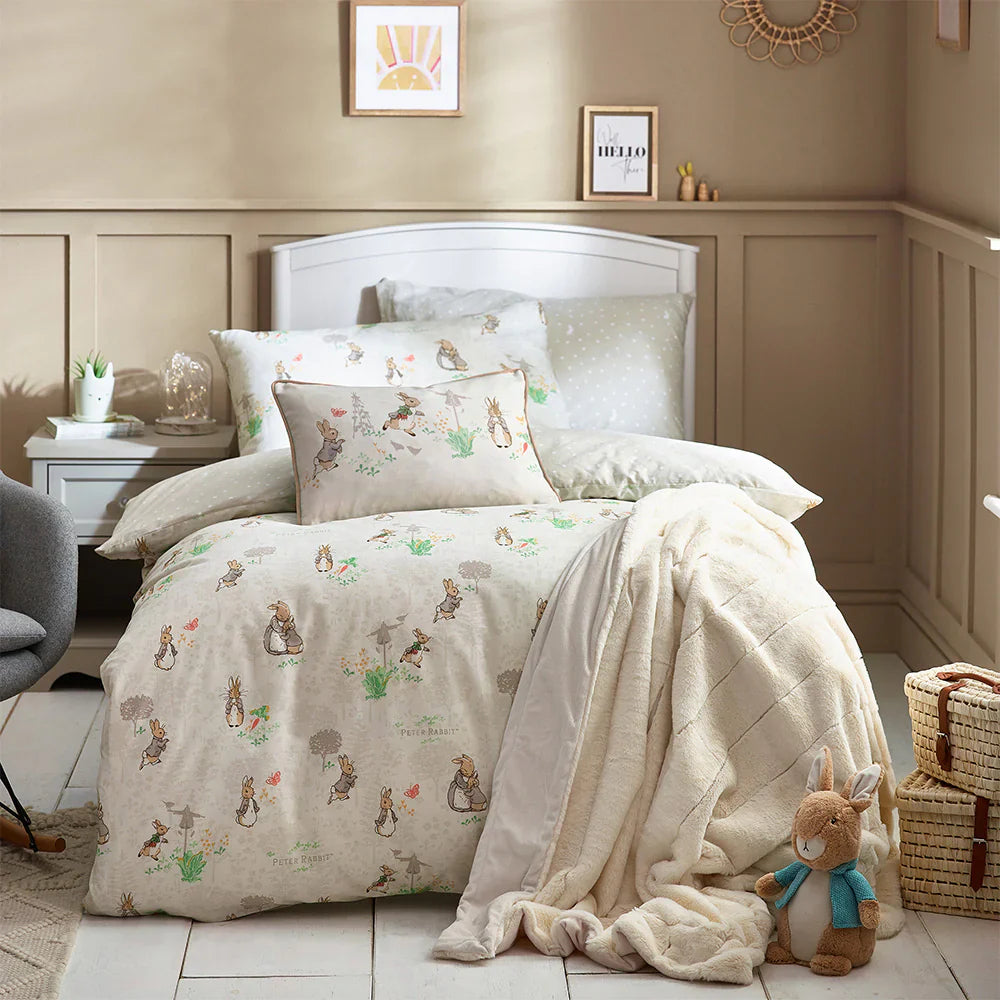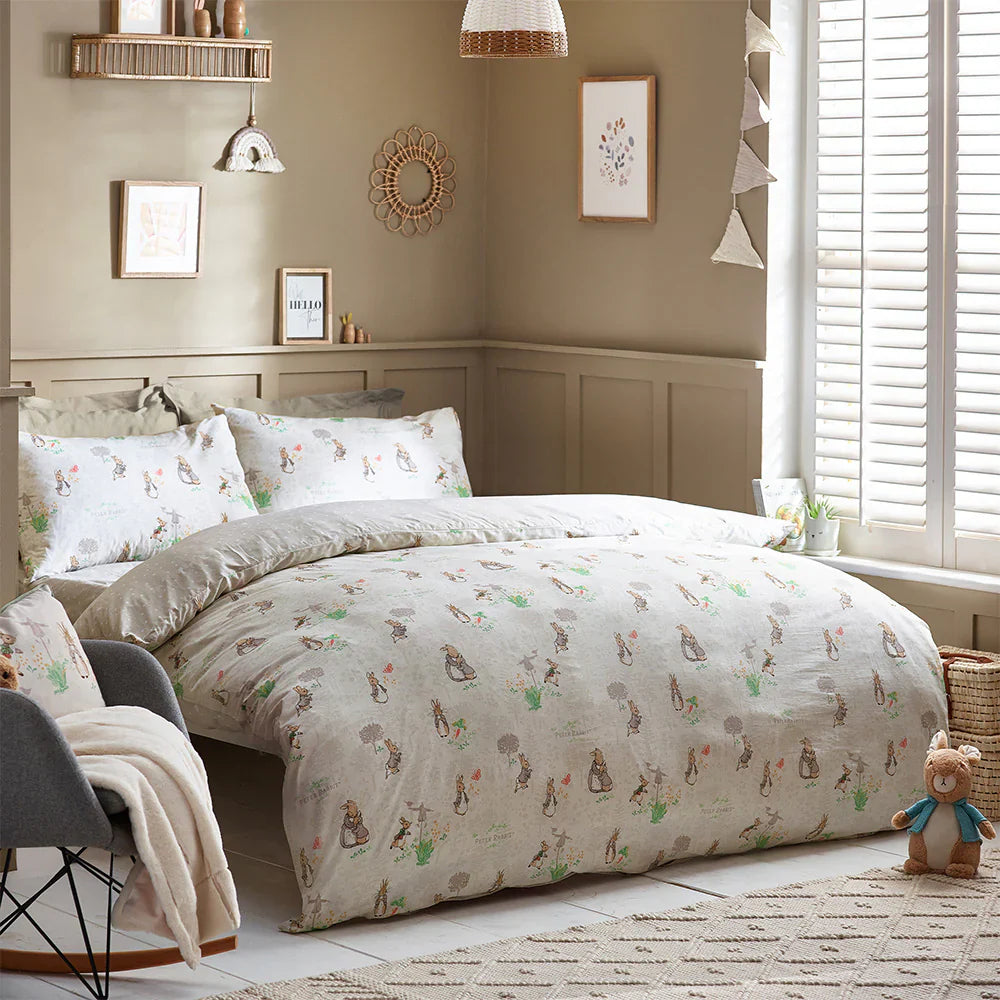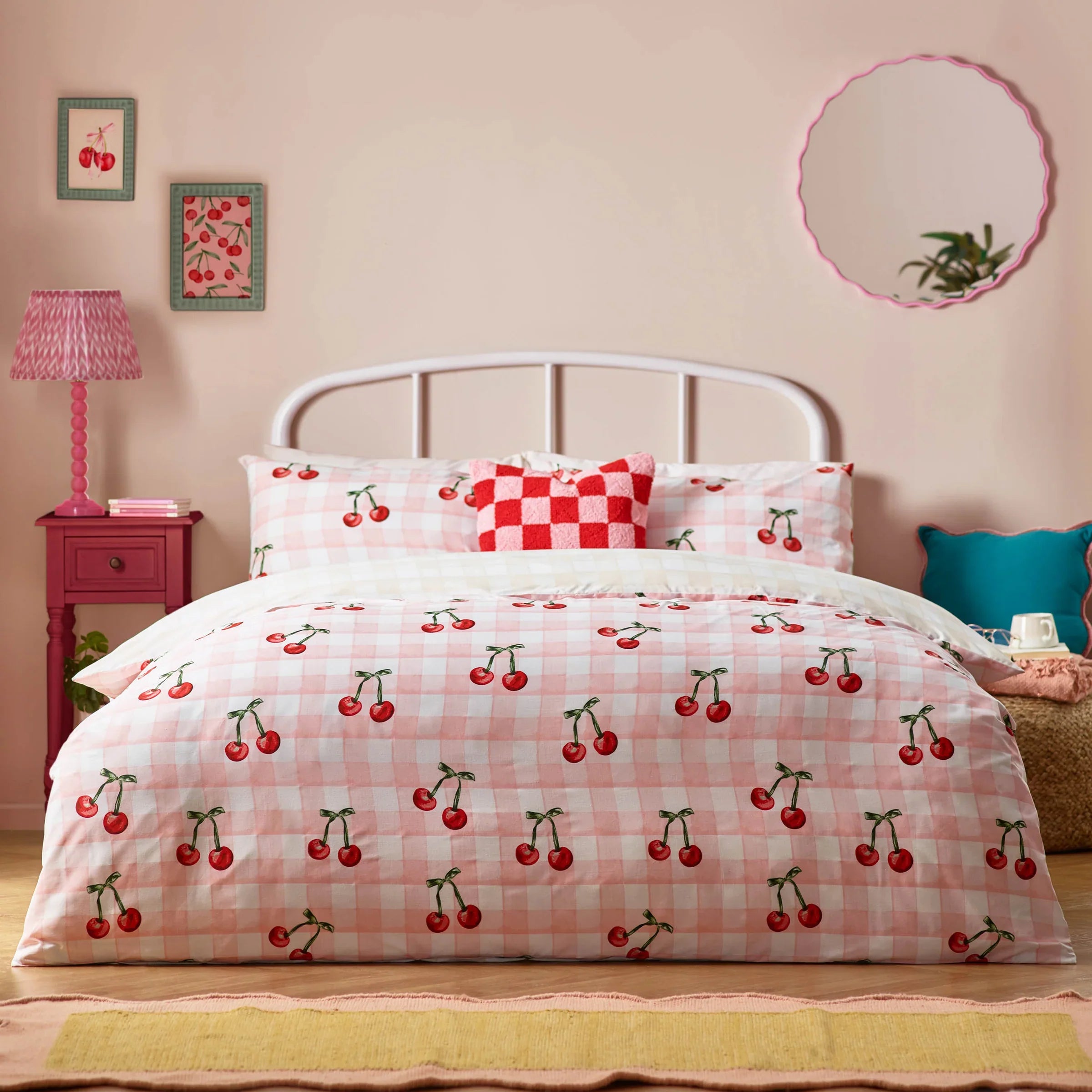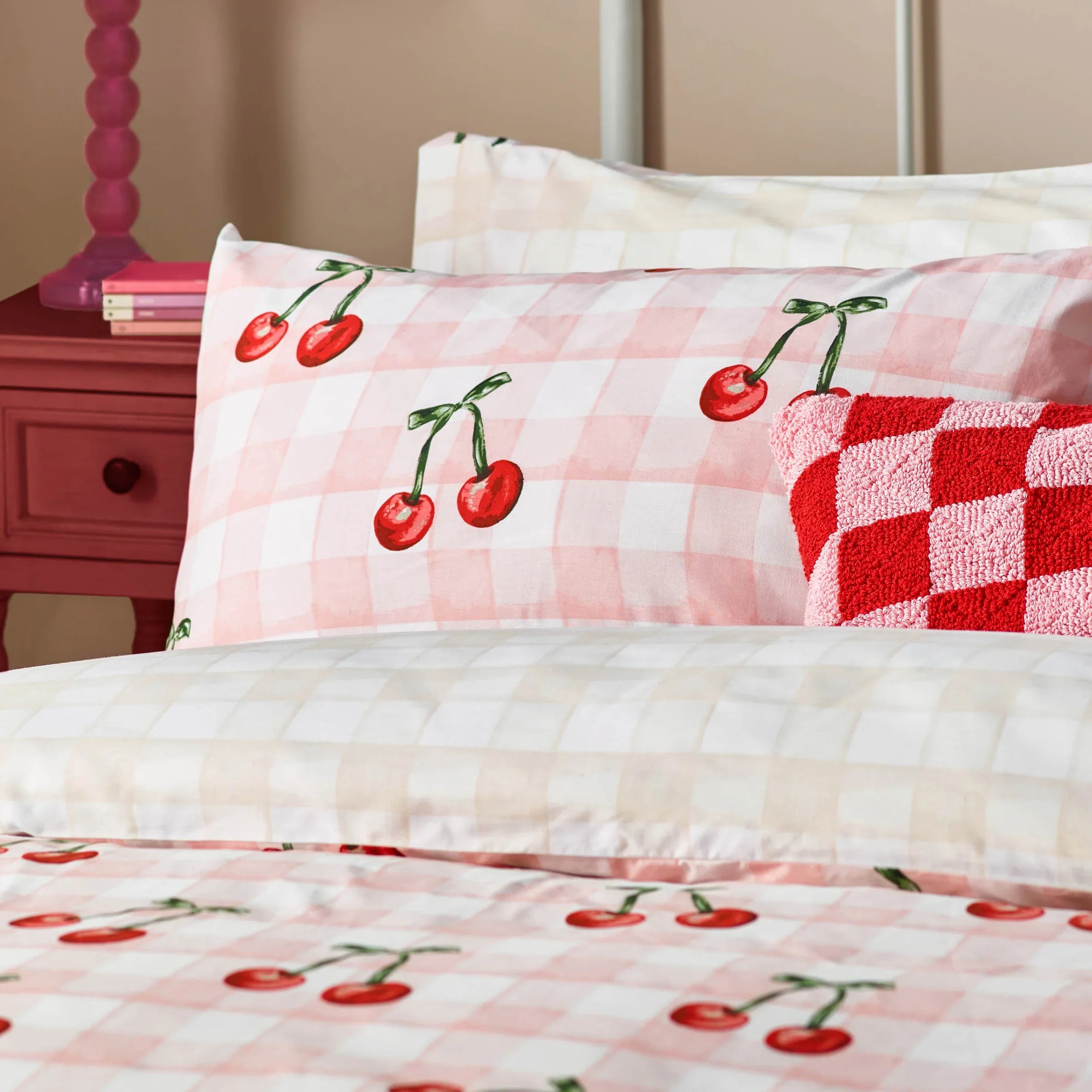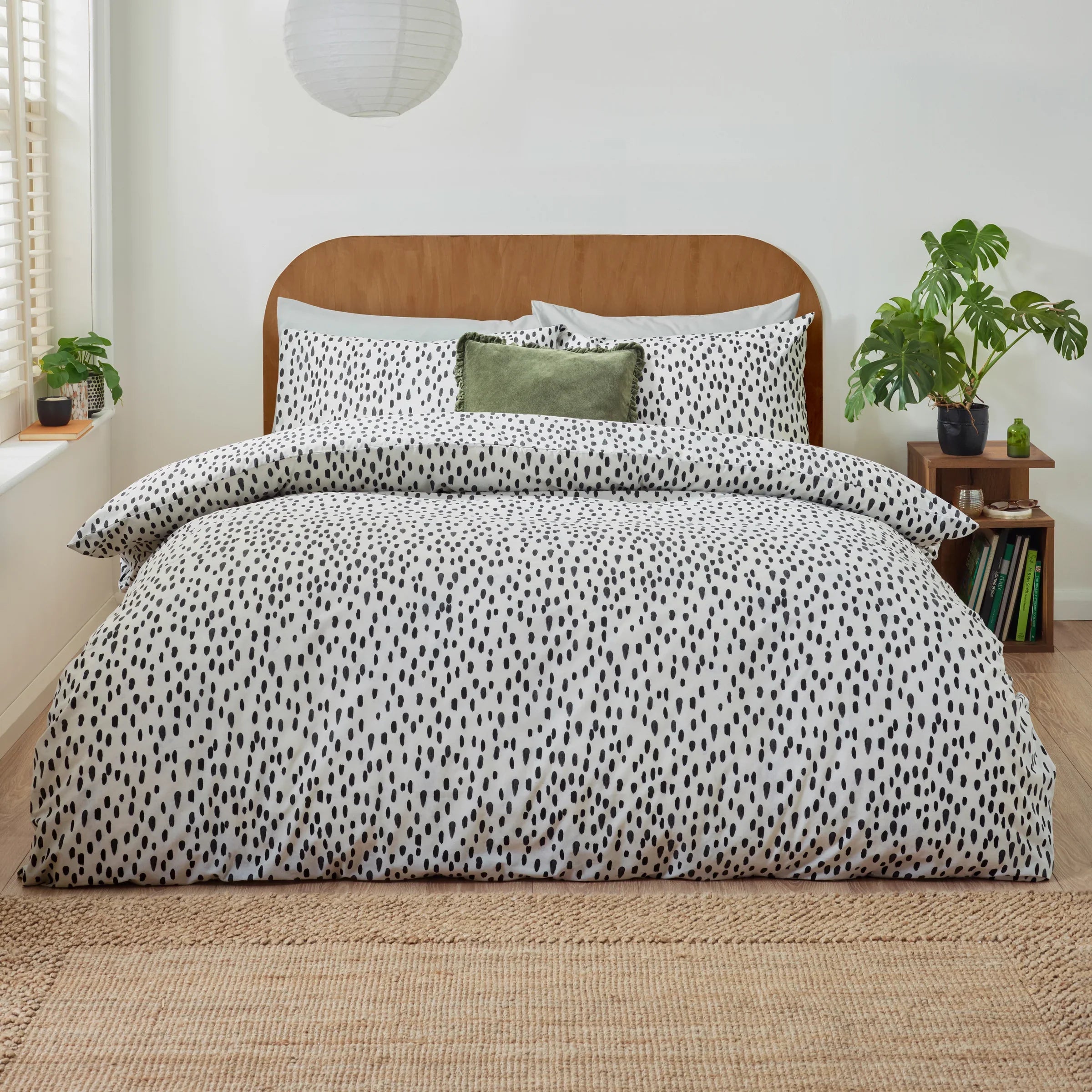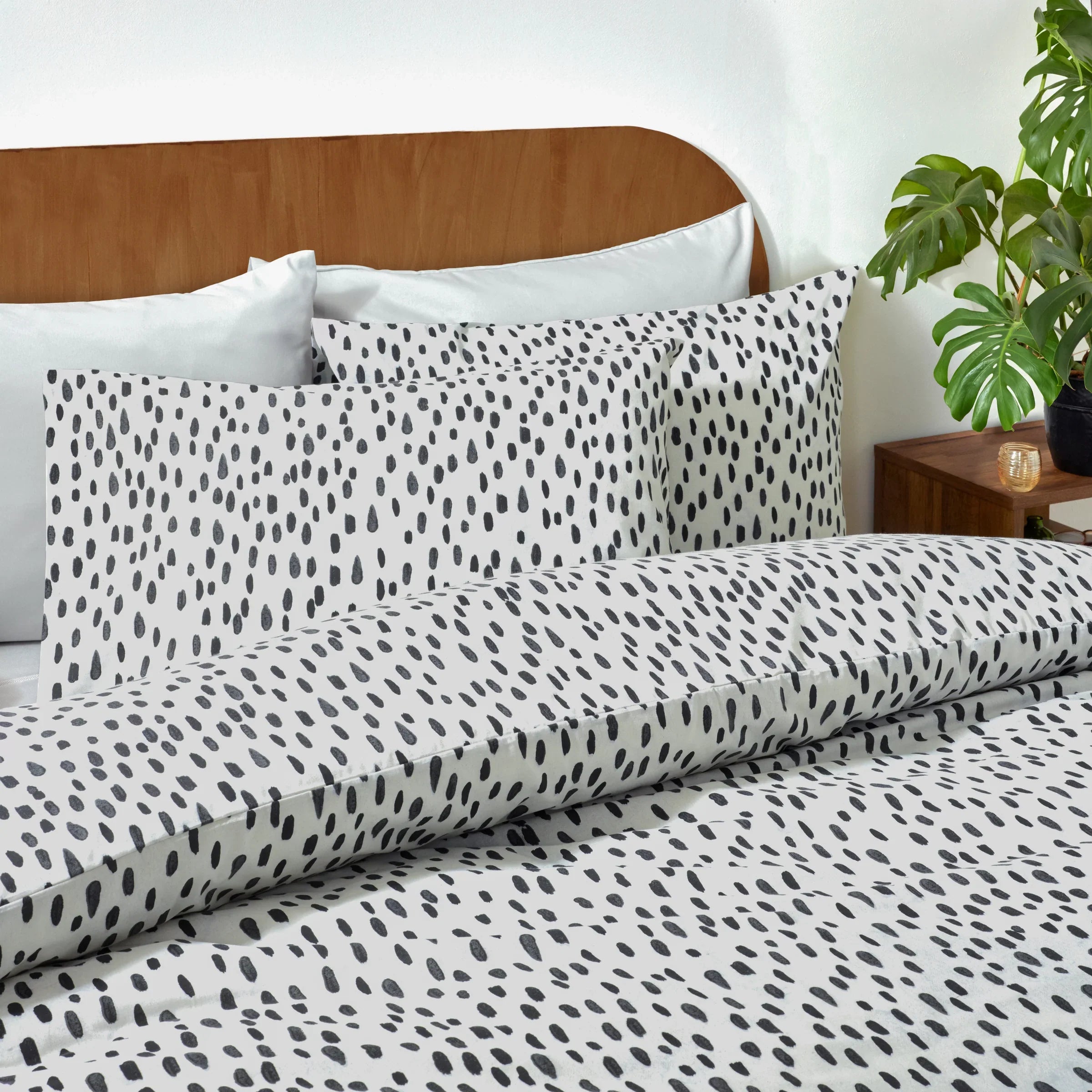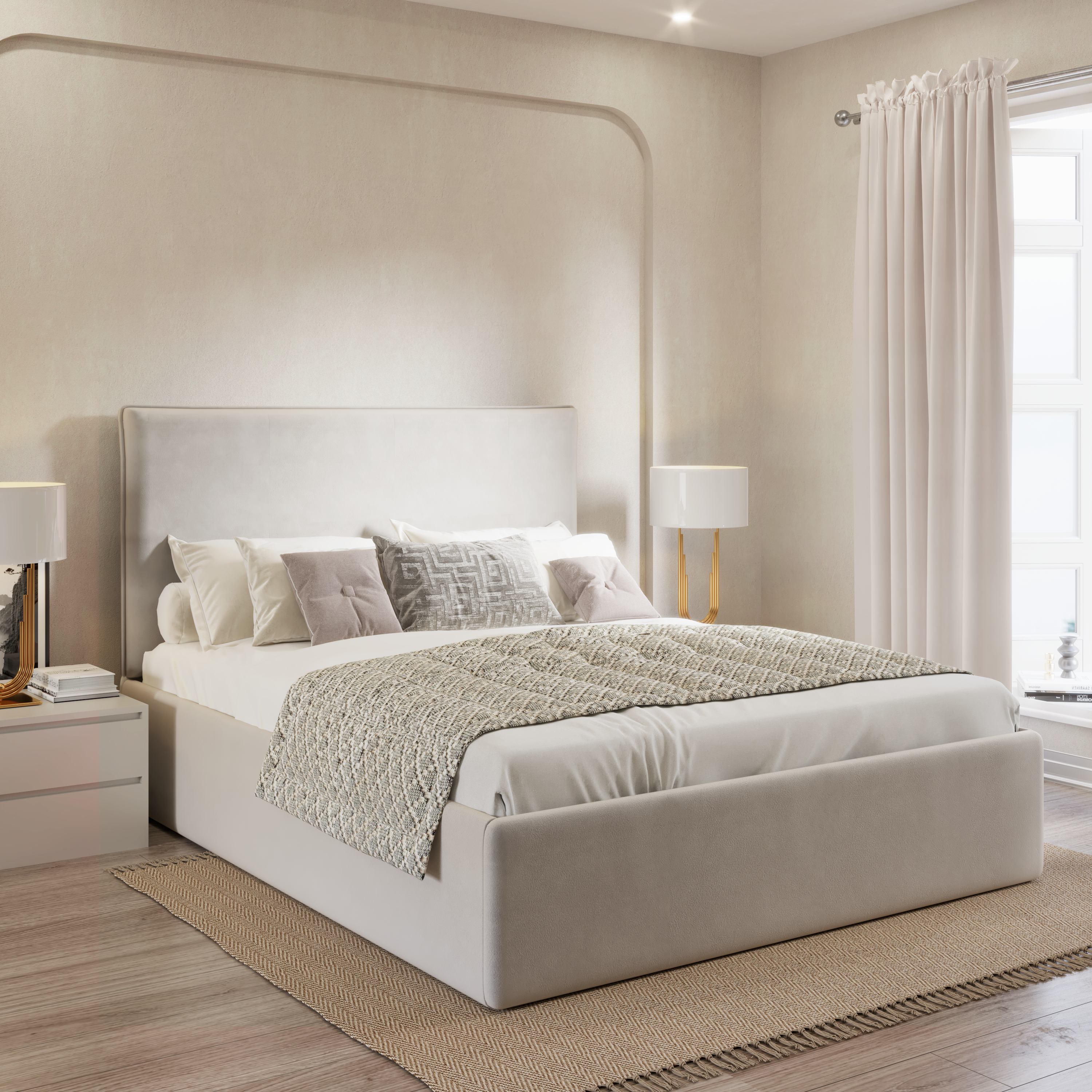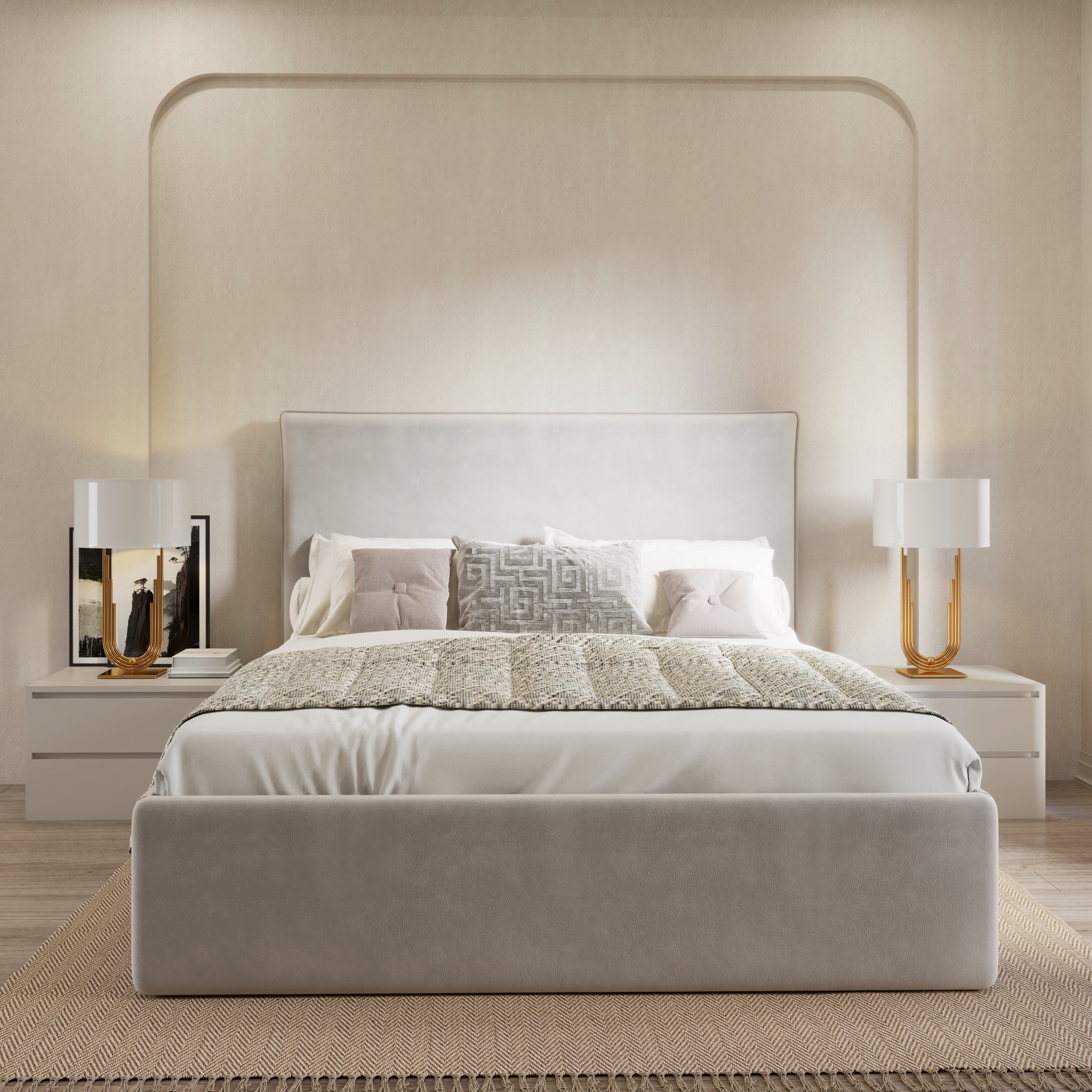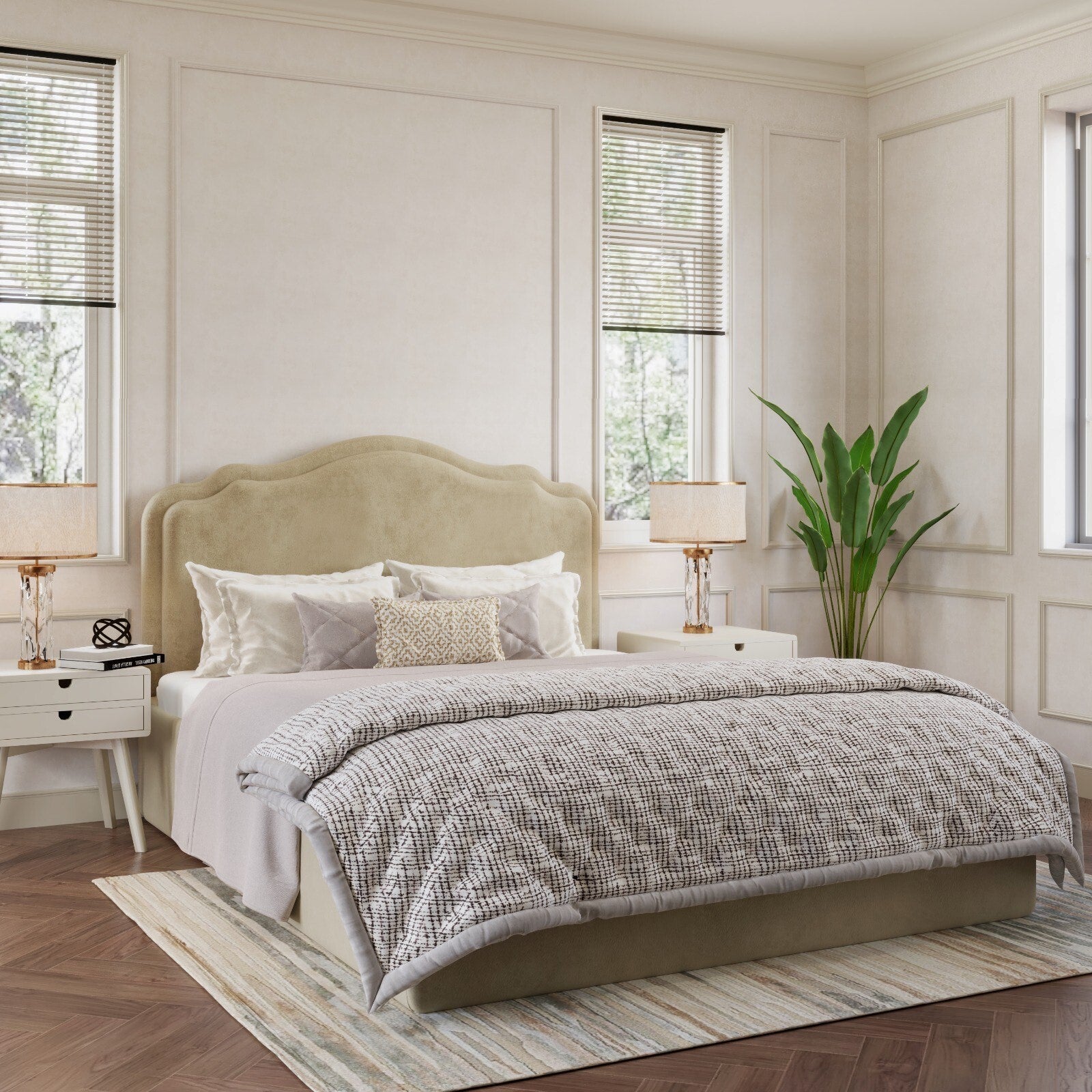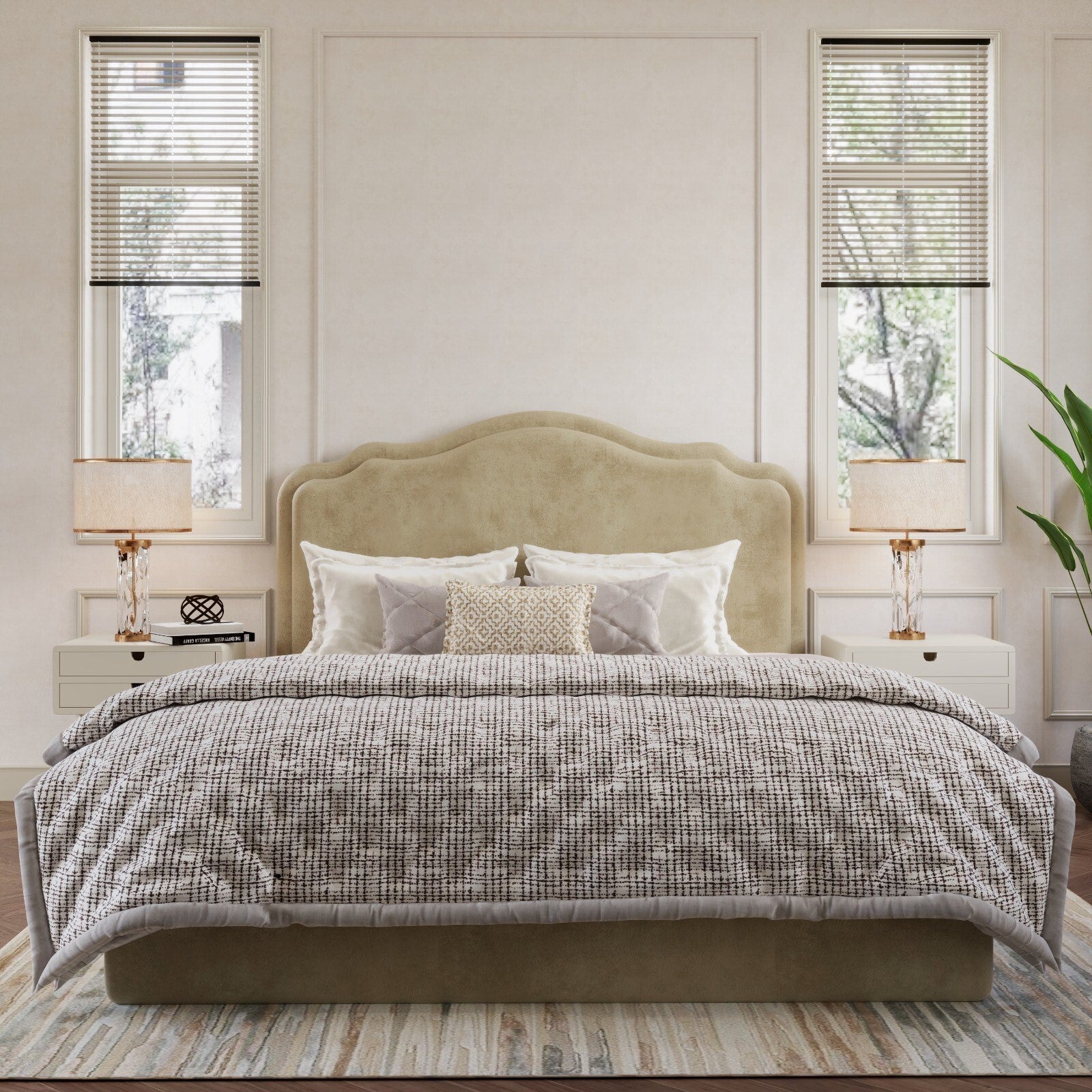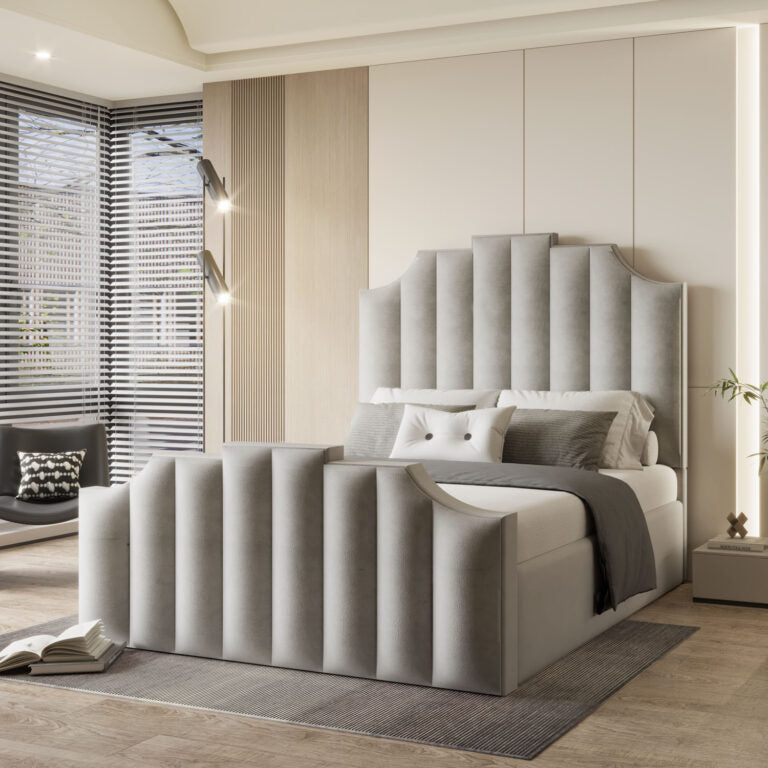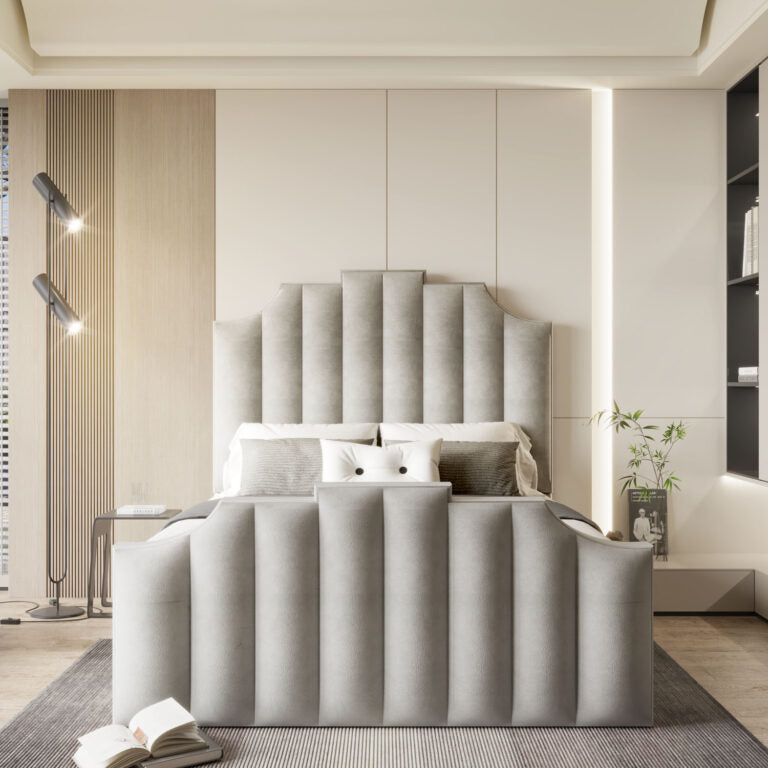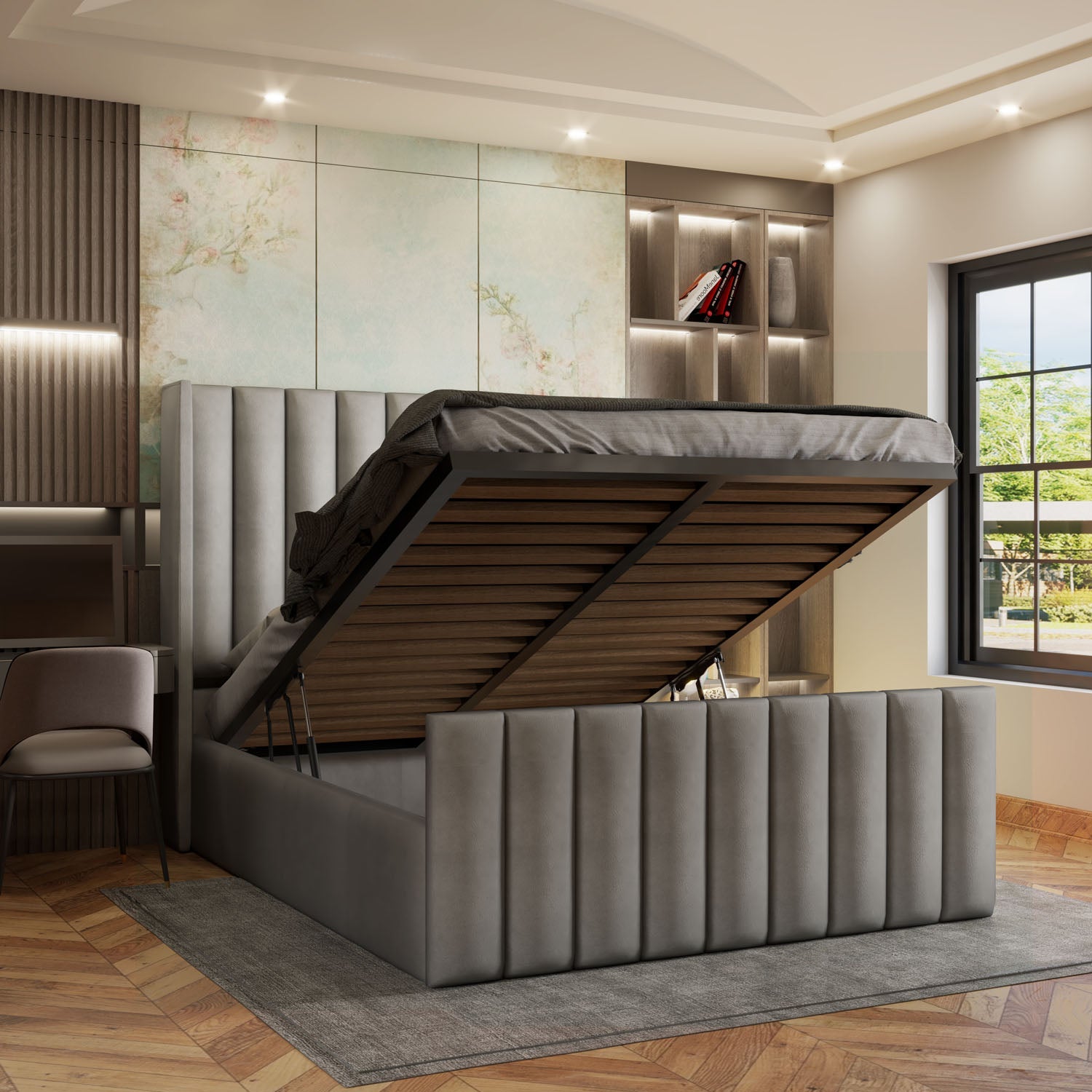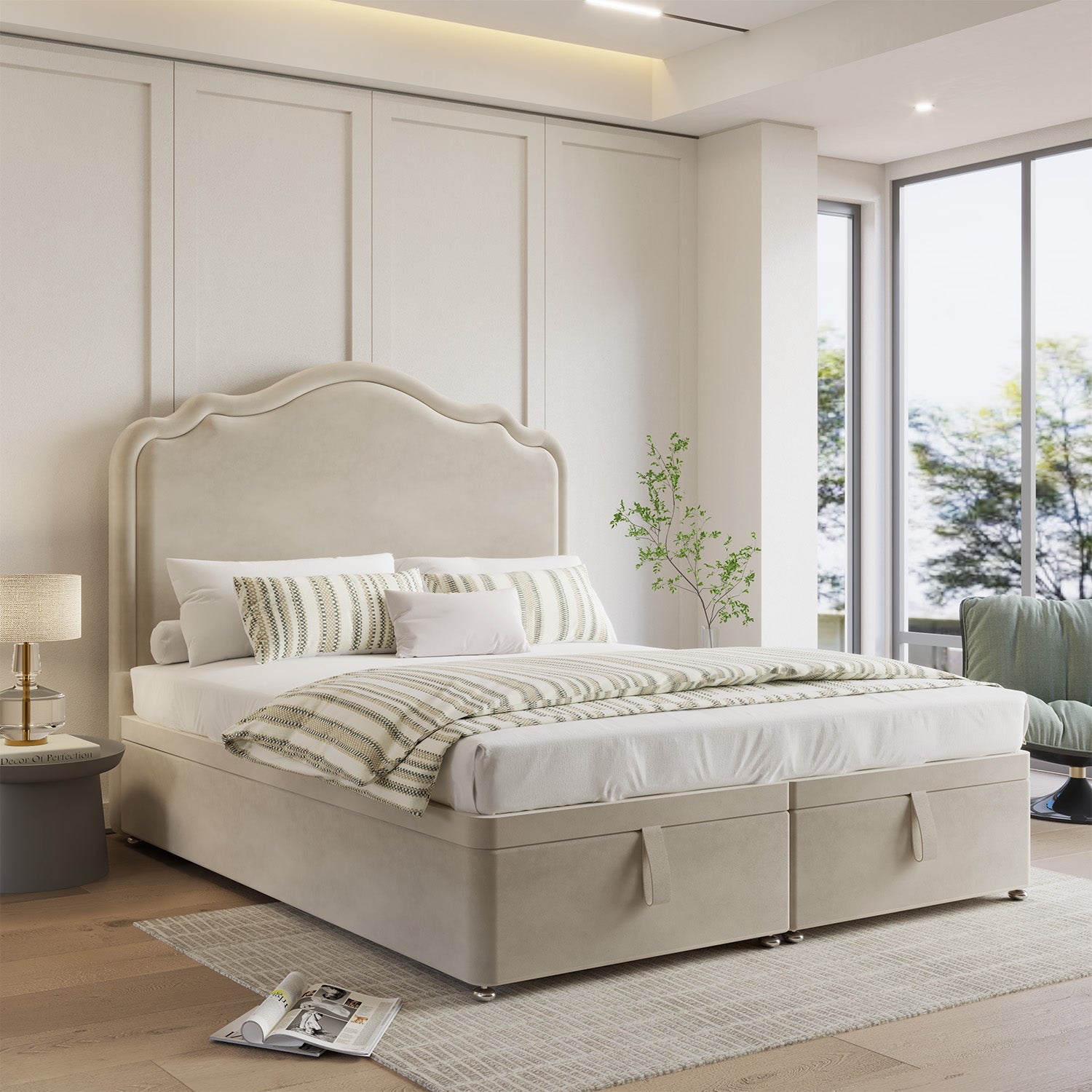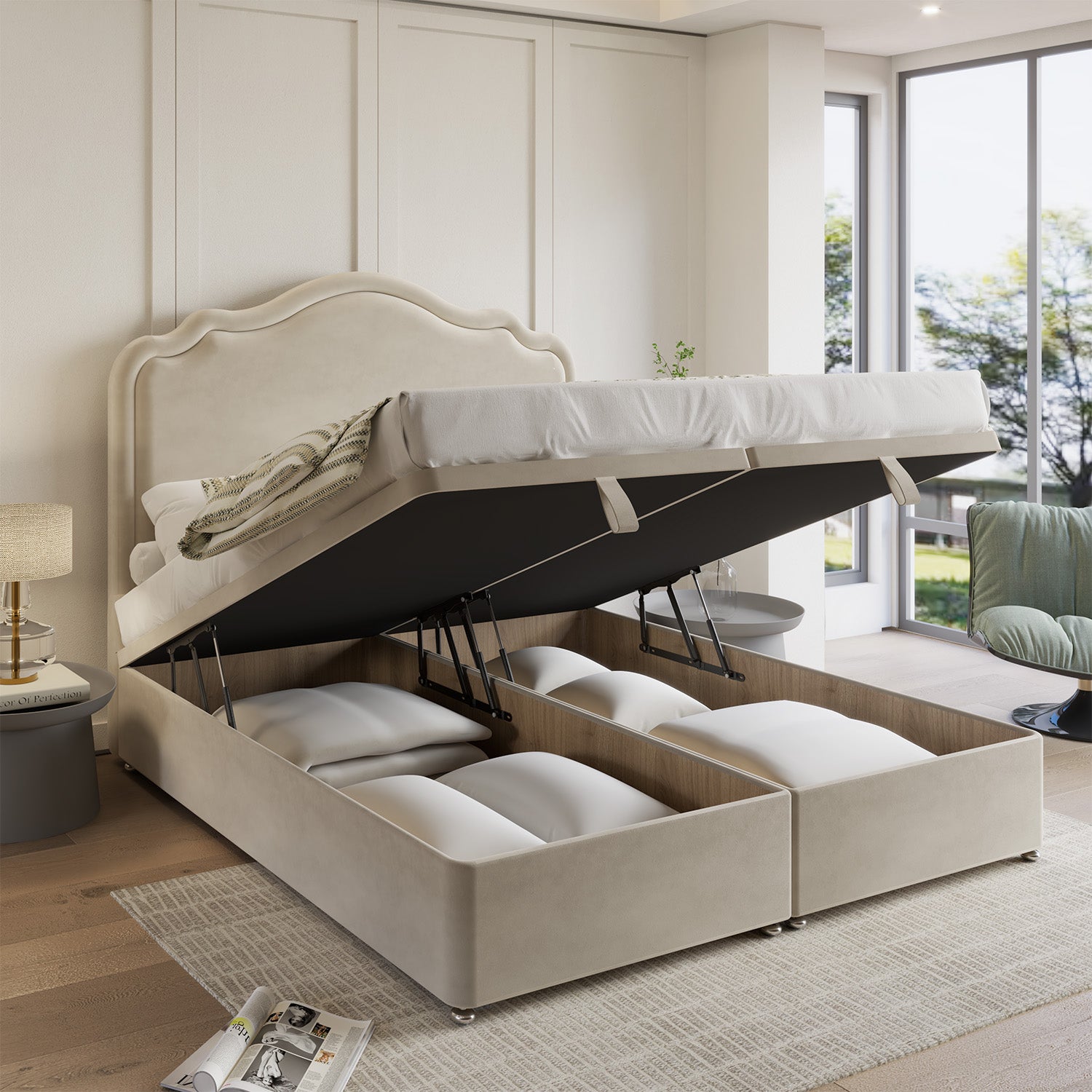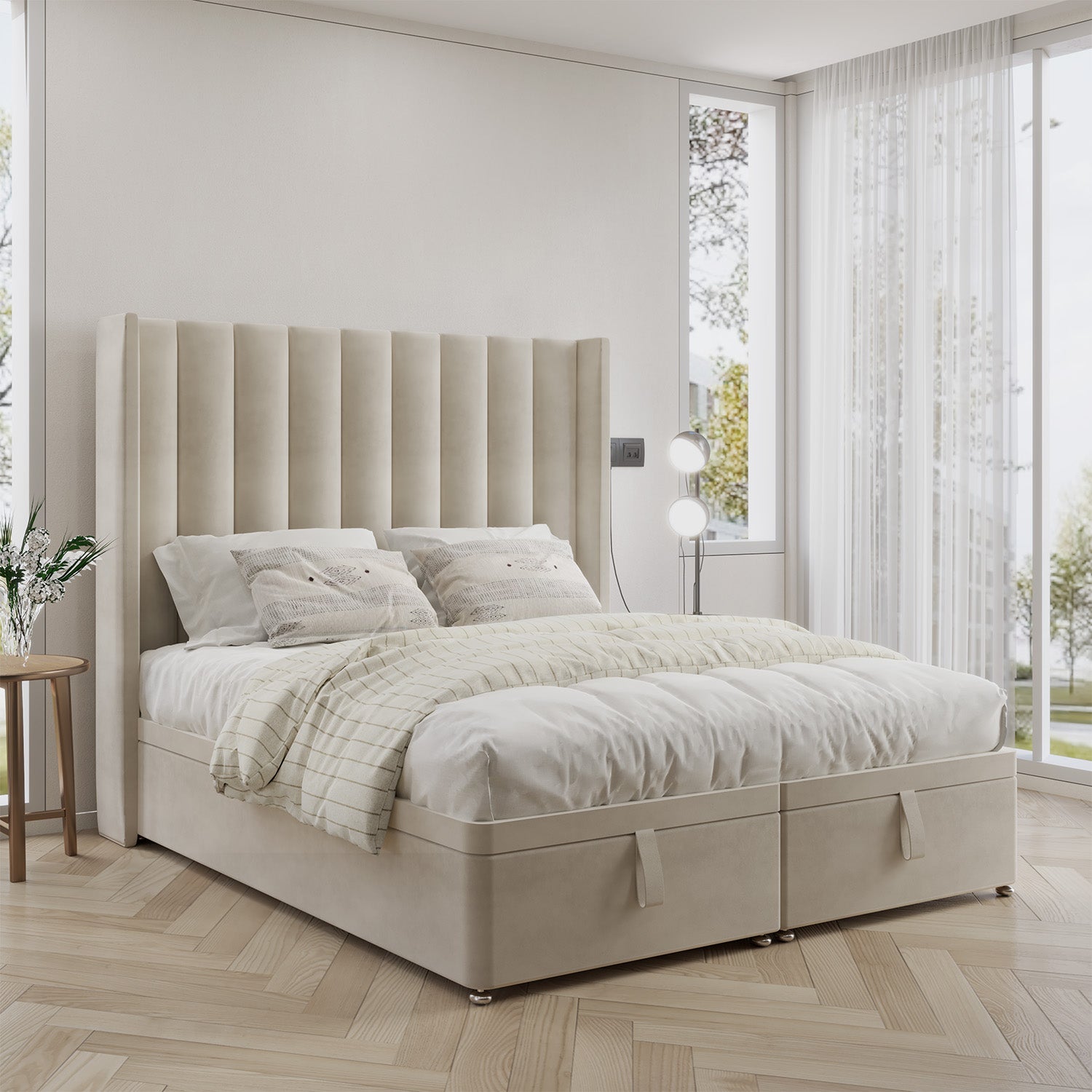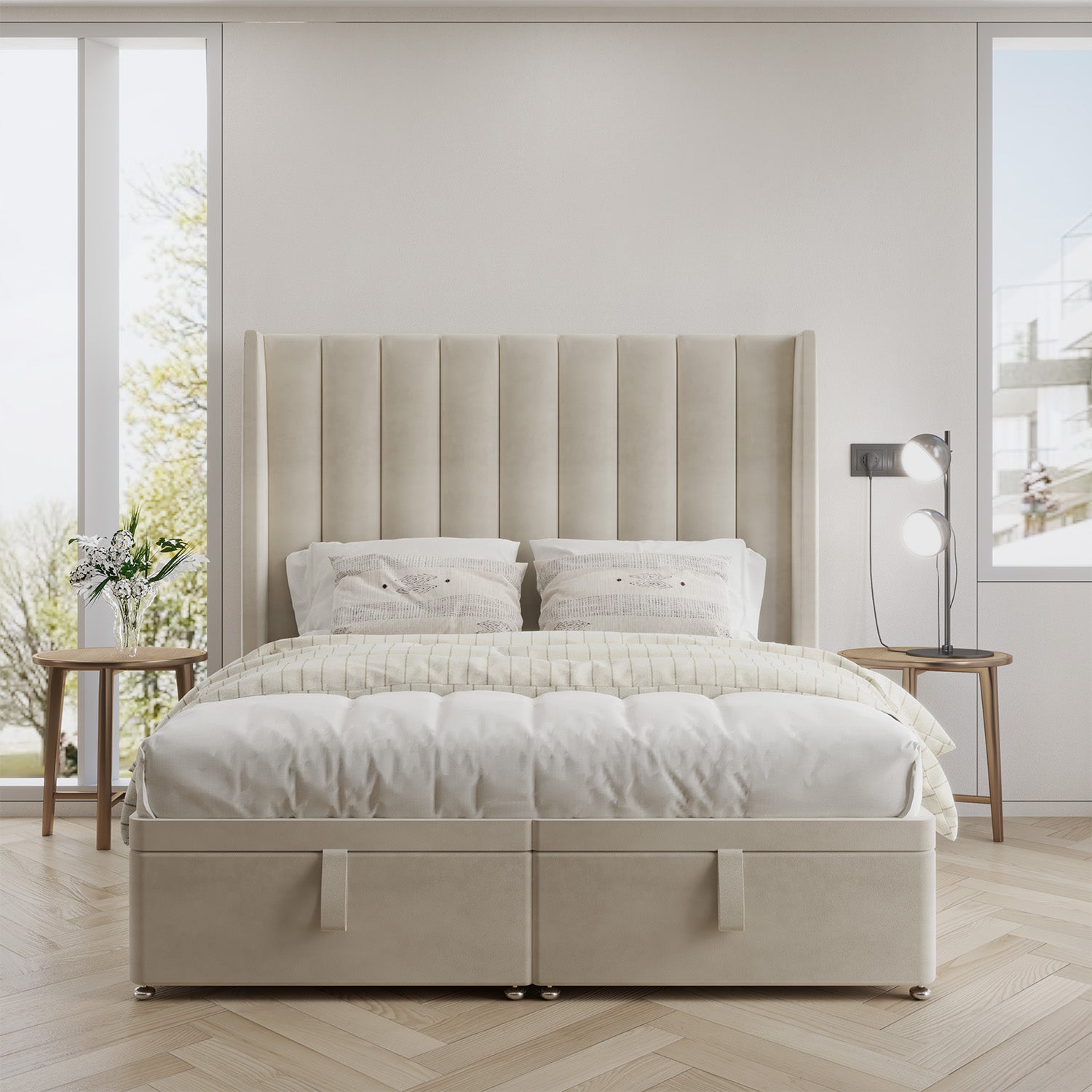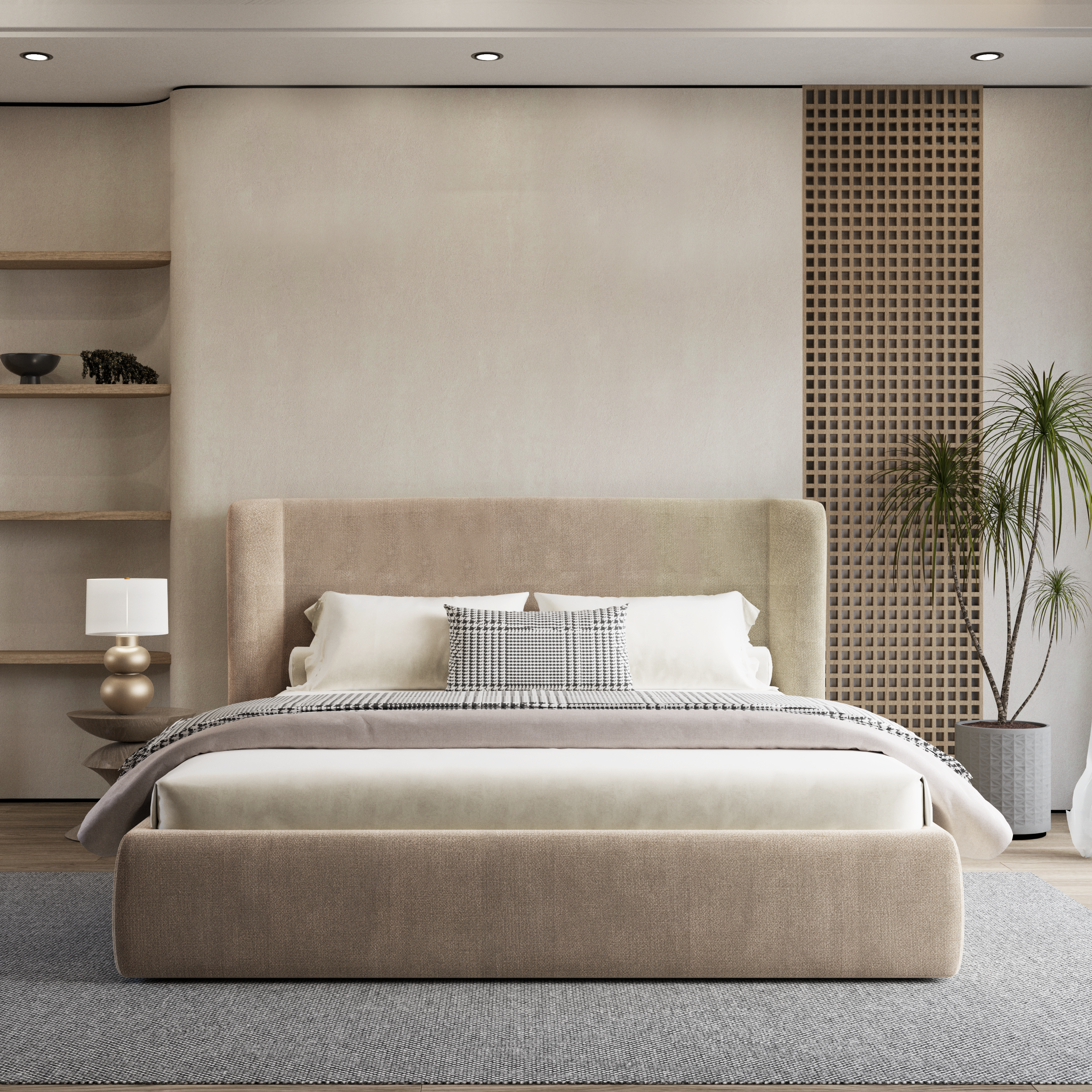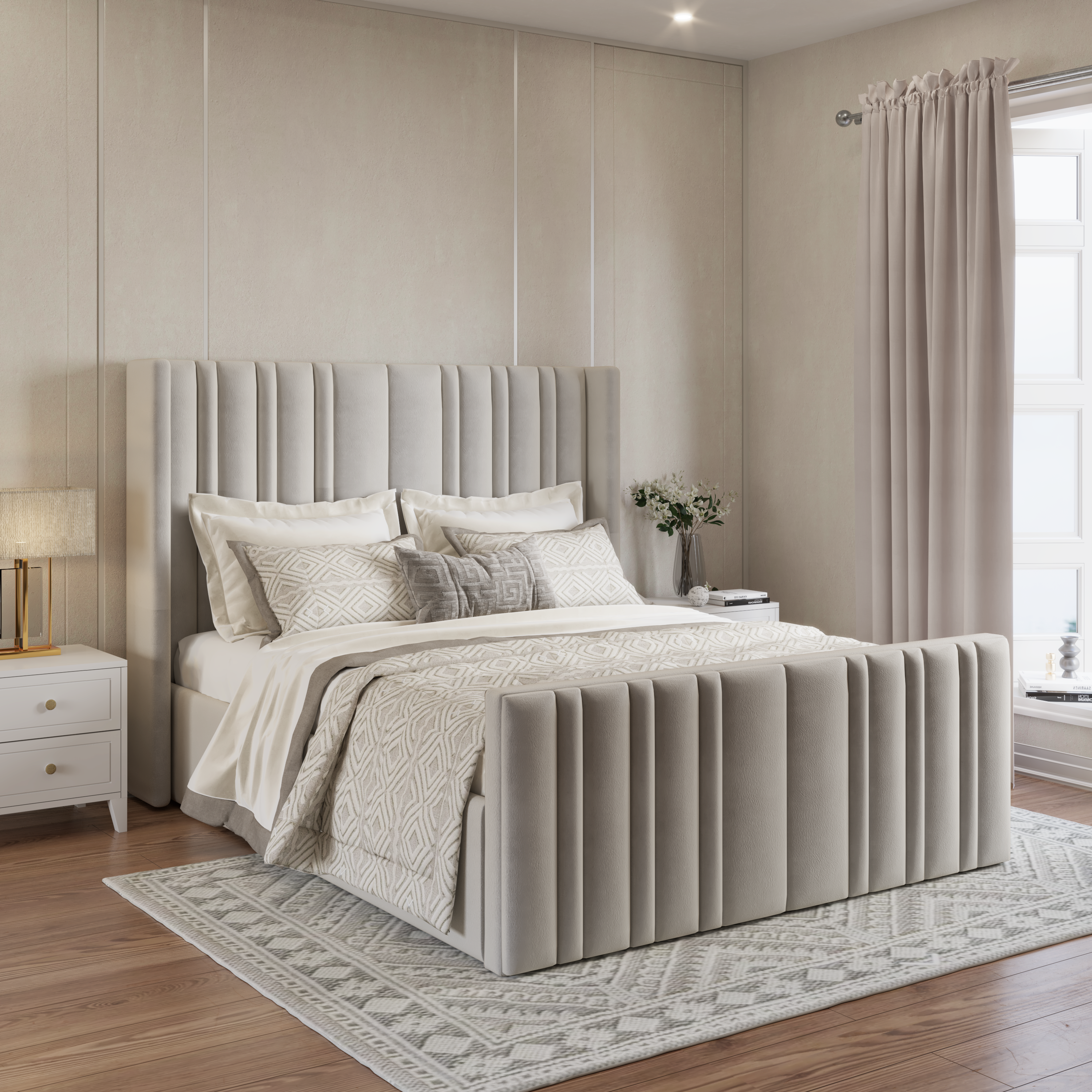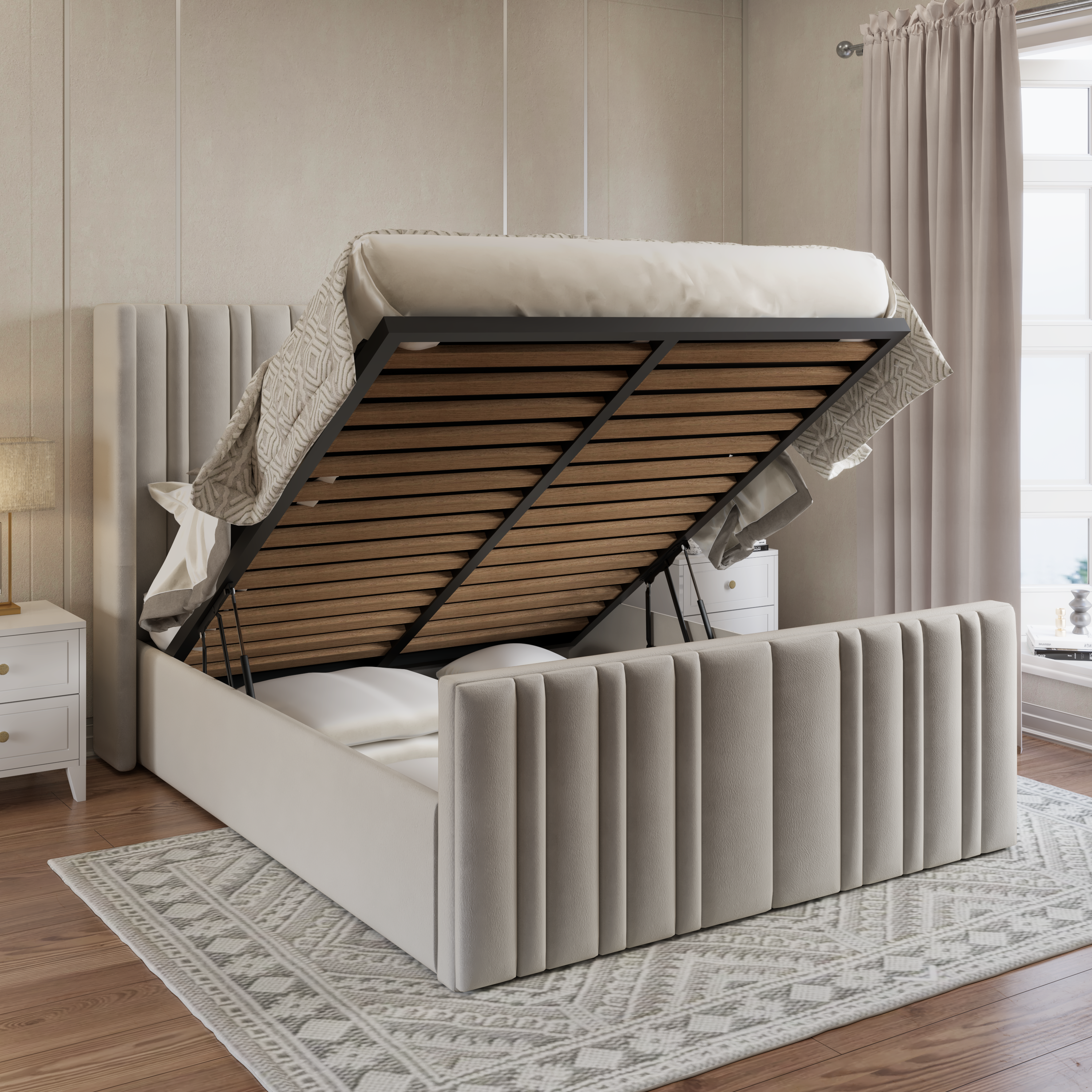Duvets and Pillows
Filter
Sort by:
No reviews
- Set of two pillows
- Soft, comfortable filling
- Removable, washable cover
- Cost-effective
1 review
- Bamboo filling and cover for softness and hypoallergenic comfort
- 50:50 bamboo microfibre and Nano-microfibre™ filling
- Lightweight, breathable, and thermoregulating
- Durable with sewn pockets and corner loops for duvet covers
1 review
- 100% polyester boucle
- Machine wash cold, tumble dry low
- Greige textured minimalist modern style
- Comfortable and elegant duvet cover set
No reviews
- 100% cotton material
- Machine wash cold, tumble dry low
- Black mélange striped modern style
- Stylish comfortable elegant duvet cover set
No reviews
- 100% cotton material
- Machine wash cold, tumble dry low
- White tufted modern minimalist style
- Fresh and elegant duvet cover set
No reviews
- 100% tumbled cotton with 144 thread count
- Delicate ruffle detailing for charm
- Breathable, soft-to-touch fabric
- Versatile design for modern or traditional interiors
No reviews
- Made in Britain
- Highest quality homeware
- Part of the little furn. range
- Playful dino-inspired design
No reviews
- Sleepy Rabbit design
- Premium British quality
- Soft cosy fabric
- Charming nursery style
No reviews
- Wildlife inspired design
- Premium British quality
- Soft durable fabric
- Vibrant green tones
No reviews
- Classic Peter design
- Premium British quality
- Soft natural fabric
- Timeless home style
No reviews
- Cherry gingham design
- Reversible duvet set
- Soft polycotton fabric
- Modern classic style
No reviews
- Intricate dotted pattern
- Durable fabric blend
- Easy care design
- Double-sided print
Our duvets and pillows are essential components of a comfortable and inviting sleep environment. Duvets, also known as comforters, are soft, quilted blankets filled with down, feathers, synthetic fibers, or other materials, designed to provide warmth and insulation. Pillows come in various shapes and sizes and are filled with materials such as down, feathers, memory foam, latex, or synthetic fibers to support the head and neck during sleep.
Features:
Matching Sizes
Ensure that the size of your duvet matches the size of your bed, and likewise for your pillows. For example, if you have a queen-size bed, you'll want queen-size pillows and a queen-size duvet for optimal coverage and comfort.
Fill Material
Both pillows and duvets are available in a variety of fill materials, such as down, feathers, synthetic fibers, memory foam, and latex. When selecting fill materials, consider your preferences for softness, support, and any allergies you may have.
Firmness Level
Choose pillows and duvets with firmness levels that match your sleeping position and comfort preferences. Side sleepers prefer firmer pillows for adequate neck support, while stomach sleepers prefer softer pillows.
Breathability
Opt for breathable materials in both pillows and duvets to help regulate your body temperature and prevent overheating during sleep. Natural materials like down and cotton are known for their breathability and moisture-wicking properties.
Hypoallergenic Options
If you have allergies or sensitivities, consider hypoallergenic pillows and duvets that are designed to minimise allergens like dust mites, mould, and mildew.
Care Instructions
Check the care instructions for both pillows and duvets to ensure that they can be cleaned and maintained easily. Many pillows and duvets are machine washable, but some may require special care like dry cleaning or spot cleaning.
Matching Sets
Some bedding brands offer matching pillow and duvet sets, making it easy to coordinate your bedding ensemble for a cohesive look in your bedroom.
Pillow Protectors
Consider using pillow protectors to prolong the life of your pillows and keep them clean and hygienic. Similarly, duvet covers can protect your duvet from spills, stains, and allergens while adding a decorative touch to your bedding.
 Build Your Bed
Build Your Bed
 Request FREE Swatches
Request FREE Swatches
 Fast Delivery on Every Product
Fast Delivery on Every Product  Klarna 0% Finance
Klarna 0% Finance  5 Year Manufacturer's Guarantee
5 Year Manufacturer's Guarantee 